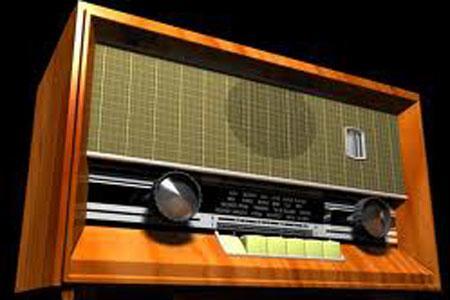
THERE has been an outrage over police’s recent ban of special radio receivers, saying this was in violation of the Constitution which guarantees freedom of expression.
BY JENNIFER DUBE
Police last week banned the possession of “specially designed radios” and other communication devices on suspicion they are being used to communicate hate speech ahead of the March referendum and general elections later this year.
Police spokesperson, Assistant Commissioner Charity Charamba told journalists in Harare that possession and distribution of the devices was illegal.
She accused some political parties of “sowing seeds” of disharmony within the country by distributing the gadgets ahead of the referendum and harmonised elections.
Misa-Zimbabwe director, Nhl-anhla Ngwenya said the ban was illegal. “It is an illegal ban to start with,” he said.
“There is no law which proscribes ownership and distribution of the receivers in the country.
“This is an act of cowardice by people who feel threatened by the free flow of information.”
- Chamisa under fire over US$120K donation
- Mavhunga puts DeMbare into Chibuku quarterfinals
- Pension funds bet on Cabora Bassa oilfields
- Councils defy govt fire tender directive
Keep Reading
It is suspected that the ban is part of a Zanu PF agenda to hinder information from radio stations like SW Radio Africa and Studio 7, which had become popular with Zimbabwe shunning Zimbabwe Broadcasting Corporation (ZBC).
There have been previous attempts to block these from broadcasting into the country.
“We cannot pre-empt what we are doing to challenge this, but I can confirm that we are working with our civil society partners with whom we share the view that we cannot allow the wanton violation of people’s rights and constitutionally-guaranteed freedoms,” Ngwenya said.
In a statement earlier, Misa said it was concerned about the lack of clarity on what exactly the “communications devices” were and the police’s failure to explain on what basis the radio sets or their distribution was deemed illegal.
The media watchdog challenged the police to specifically state the exact nature of the illegal devices and the relevant laws that criminalise their possession.
“It is not clear as yet, on what basis possession of devices such as radios meant to receive broadcasting services can be deemed illegal, as a reading of section 38B of the Broadcasting Services Act states that one is not prohibited from possession of a receiver, as long as it is in accordance with the terms and conditions of a listener’s licence, as issued by Zimbabwe Broadcasting Corporation (ZBC),” Misa said.
Misa said access to information was a fundamental part of freedom of expression, which would assist citizens to make informed decisions and choices during the referendum and the forthcoming elections. The Zimbabwe Lawyers for Human Rights (Zlhr) said it was astounded by the ban and indicated it was preparing to challenge that through the courts.
“The utterances by the police are patently illegal,” Zlhr said. “This so-called ban has no basis in law. The lengths to which State institutions and actors are now going to deny fundamental rights and freedoms and act outside the law is alarming, but is typical of paranoid State authorities who are contemptuous of any diversity of opinion and information.”
Media and rights lawyer, Alec Muchadehama said no law had been broken to warrant the police action.
“No offence was committed by the people who use or distribute the receivers, meaning there is no legal basis for the police’s action,” Muchadehama said.
“It is simply a case of oppression that the police are carrying out on behalf of some political parties.”
In recent weeks, police have upped their ante on civil society organisations, whom they accused of possessing subversive material. Police raided the Zimbabwe Human Rights Association (ZimRights) premises, where a number of officials were arrested.
Similar raids followed on Zimbabwe Election Support Network (Zesn), the National Youth Development Trust (NYDT) and the Zimbabwe Peace Project (ZPP).
Stop tormenting civil society leaders: EU
The European Union (EU) has also castigated harassment and arrests of leaders of civil society organisations by State security agents.
“These recent incidents raise particular concern in the context of preparing for the constitutional referendum and the elections,” said the EU in a statement.
“It is critical that authorities demonstrate impartiality, including in their relation to civil society, and contribute to generating confidence in these important political processes.”










